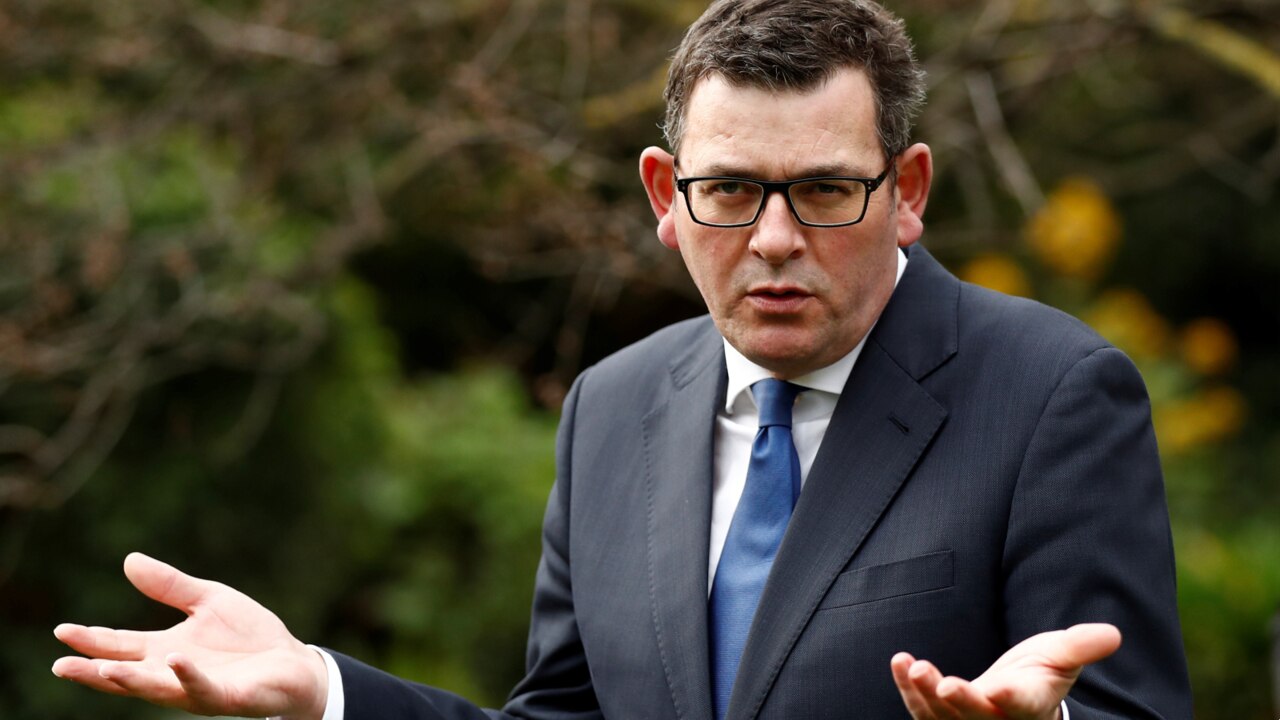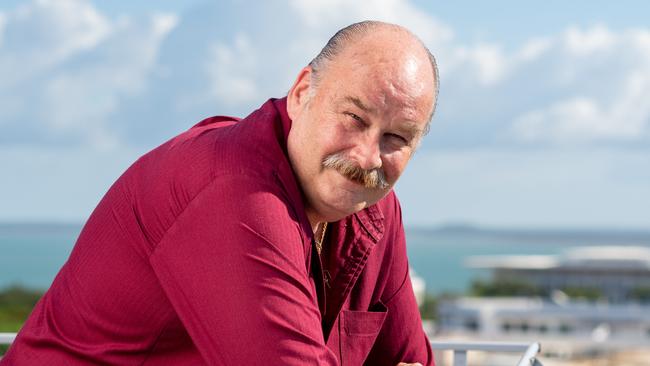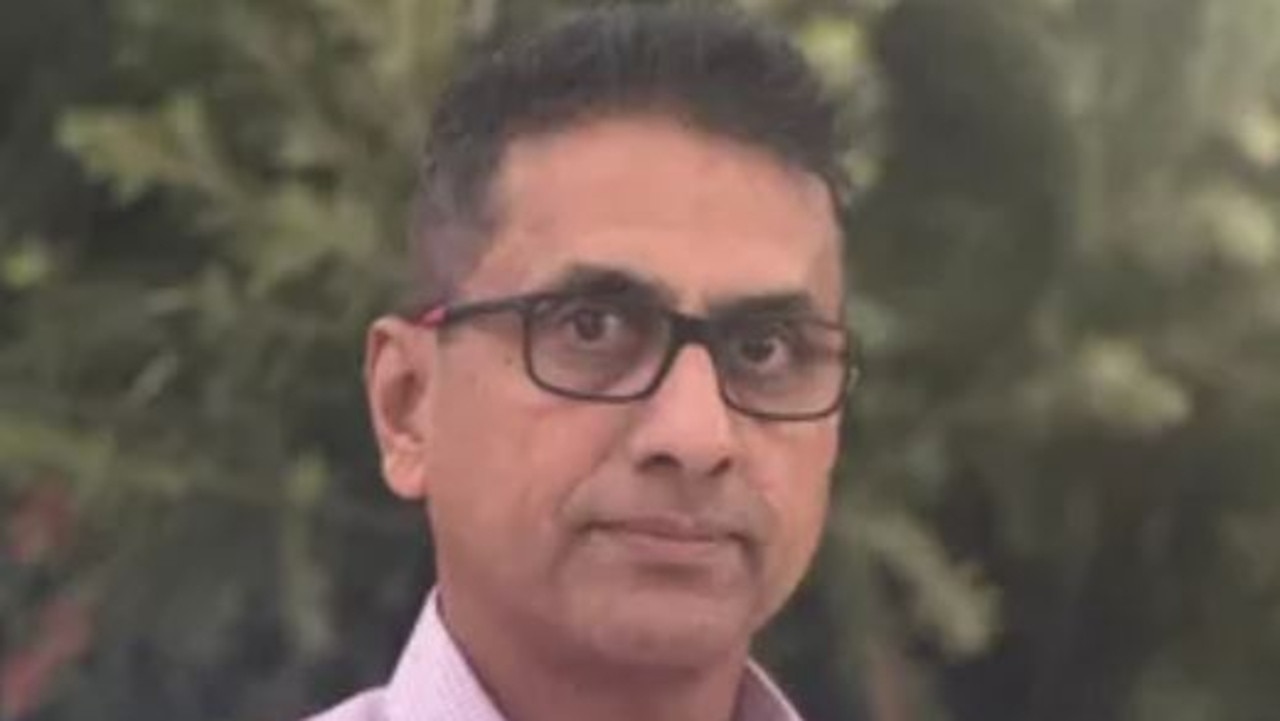Real estate body slams Andrews govt for raising land taxes, saying it’s driving away investors
Victoria’s peak real estate body has warned investors are leaving the rental market in droves and slammed the government for raising land taxes to help pay off its Covid debt.

Victoria
Don't miss out on the headlines from Victoria. Followed categories will be added to My News.
Victoria’s peak real estate body has warned investors are increasingly exiting the rental market in the state, saying there will be “disastrous” effects if pressure on the sector continues.
Speaking at a parliamentary inquiry into stamp duty, the Real Estate Institute of Victoria also said there needed to be a major reform of property taxes.
REIV chief executive Quentin Kilian on Thursday slammed the Andrews government’s decision to increase land taxes to help pay off its Covid debt.
He said increasing supply was the key solution to stop soaring rents but that government decisions were discouraging investors out of the market.
“Increased land tax will make property investment more costly, force rental prices upwards and further perpetuate Victoria’s rental crisis,” Mr Kilian said.
“What the sector and members call for is a solution to property taxation that maintains state revenue without increasing the barriers to home ownership and investment and furthering the pressure already being felt on Victoria stretched housing supply.

“Our members are being contacted more frequently by investors reviewing their options on selling up and moving out of the rental market due to rising costs.
“A recent conversation I had with a leading agent from Mooroolbark told me that he’d already lost between 10 per cent to 12 per cent available rental properties as investors explore other means to future proof their finances of living costs soar.
“Private investors provide 70 per cent of the rental stock (and) their critical role in the market cannot be overlooked.”
Mr Kilian said more than two thirds of investors owned just one property, while 43 per cent of that group earned less than $100,000 per a year.
This is partly driven by the fact that some of these investors are retirees who do not have a large taxable income.
“Anything that puts a level of pressure on the investment like this could have very disastrous effects,” he said.
Mr Kilian said the REIV backed removing stamp duty but was not as supportive as others in replacing it with land tax, with this charge to bring in more revenue from properties over the long-term.
“What we know from industry consultation and examples in other jurisdictions is that this approach will not address the core issue of under supply or address barriers to entry or property investment,” he said.
“It is still a tax on property ownership, simply defrayed over a longer period.
“We must remove huge tax barriers such as stamp duty and consider diversified means of attracting more investment in and to prop up supply.”
Mr Kilian said the inquiry and governments more broadly should explore other options, including increasing GST to offset losses from getting rid of other state taxes.




